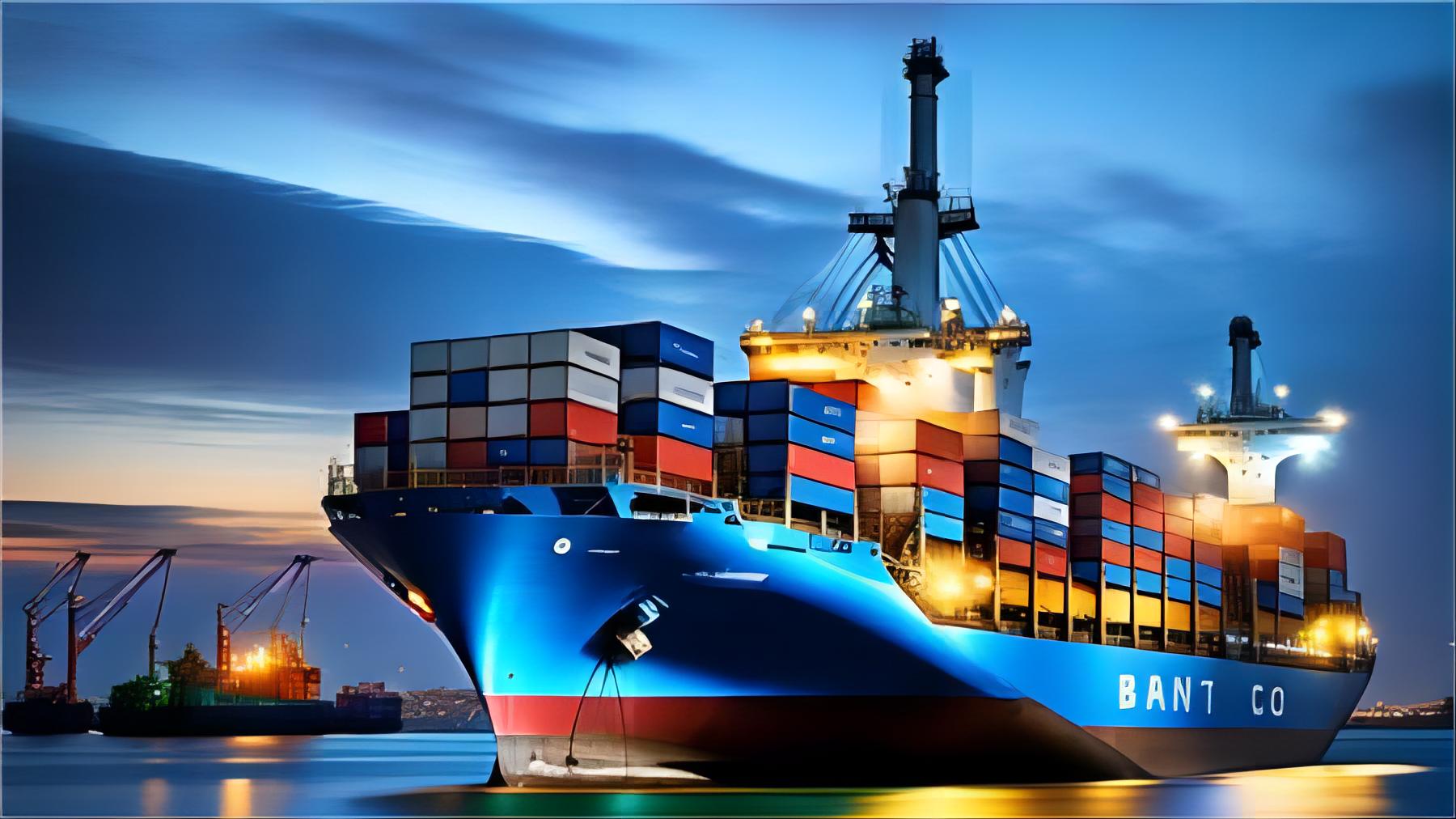- By TOP CHINA FREIGHT
- October 30, 2024
- Shipping
The 2024 U.S. presidential election, with Kamala Harris and Donald Trump as candidates, is a potential turning point for U.S.-China trade. Each candidate has a unique approach to trade policy with China. Their policies will likely impact critical logistics areas: ocean freight, air freight, tariffs, and freight forwarding. Here, we’ll break down the potential effects of each candidate’s policies. We’ll also share practical strategies for businesses to prepare for possible shifts.
Harris vs. Trump: Trade Policies and Their Impact
Trump’s Aggressive Trade Policy
Trump would likely continue his “America First” approach, possibly raising tariffs on Chinese goods and imposing stricter import rules. This hardline stance could disrupt China-U.S. trade flows. High-demand sectors, like manufacturing and electronics, would likely see the biggest impact. Trump’s policy may strain trade relations further and limit U.S. market access for Chinese companies.
Harris’s Balanced Approach
Harris promotes a balanced strategy, emphasizing collaboration with allies to manage trade relations with China. Her approach could introduce stricter environmental and labor standards in trade agreements. This might extend compliance requirements for companies on both sides. However, her policies would likely be more predictable and less disruptive than Trump’s.
Key Areas Affected by Policy Changes

Ocean Freight
- Trump’s policies might sharply reduce cargo volume from China to the U.S., leading to excess capacity and fluctuating freight rates. Port congestion and unpredictable lead times could also rise if trade restrictions intensify.
- Harris’s policies may maintain stability in ocean freight volumes, although increased regulatory requirements might lead to slower clearance processes and higher operational costs.
Air Freight
- Under Trump’s administration, high tariffs could impact the demand for air shipping, especially for goods requiring fast delivery. Decreased demand may lower air freight volumes and potentially bring down rates.
- Harris could bring steadier volumes by balancing trade agreements. Her policies may support air shipments, especially in high-tech and consumer goods, while minimizing sudden rate fluctuations.
Tariffs
- Trump’s tariff strategy targets a broad range of goods, passing costs onto consumers and businesses and impacting profits for U.S. and Chinese firms alike.
- Harris is less likely to implement blanket tariffs. She may prioritize a structured tariff approach, giving companies more time to adapt and potentially improving their ability to manage costs.
Freight Forwarding Services
- Under Trump, frequent policy shifts would challenge freight forwarders, who may face unpredictable customer demands and disruptions.
- With Harris, the freight forwarding industry might see fewer policy shifts, though additional compliance standards (such as environmental and human rights checks) could add complexity to freight processing.
Strategies to Manage Potential Changes
- Enhance Supply Chain Flexibility : Diversify shipping routes and explore alternative markets to adapt to potential demand shifts. This flexibility will be crucial for navigating sudden policy changes.
- Monitor Trade Policy Updates : Freight forwarders and logistics providers should closely follow any updates on tariffs, compliance requirements, and regulatory standards, tailoring their services to accommodate the latest policies.
- Communicate with Clients Regularly : Effective communication can help clients make informed decisions and select optimal shipping options. Flexible pricing models and advisory services are great ways to build client trust and adapt to their needs.
- Upgrade Technology and Compliance Processes : Investing in digital management systems can streamline compliance, reduce errors, and boost efficiency in the face of increasing regulatory demands.
Conclusion
The 2024 U.S. presidential election will undoubtedly influence U.S.-China trade. Trump’s approach could introduce unpredictability and intense trade restrictions, while Harris may foster stability with a balanced but regulatory-focused approach. For the logistics industry, adapting to potential shifts through flexible supply chains, up-to-date policy awareness, and enhanced client services will be essential.
At Top China Freight, our expertise in freight forwarding ensures that clients stay prepared for any trade policy changes. Our experienced team is ready to assist with everything from international shipping to customs compliance and real-time tracking. For more information on our freight solutions, visit Top China Freight and let us help you navigate the complexities of global trade.
